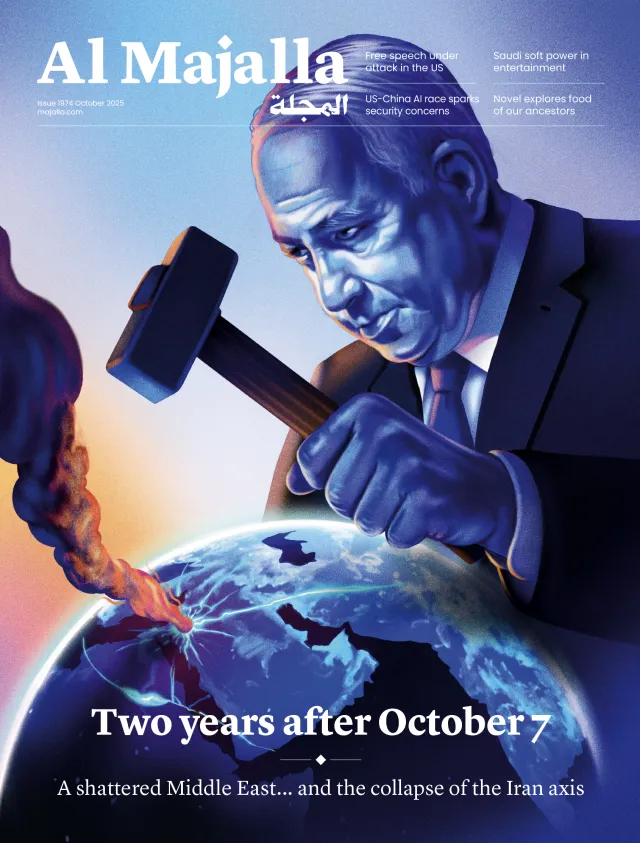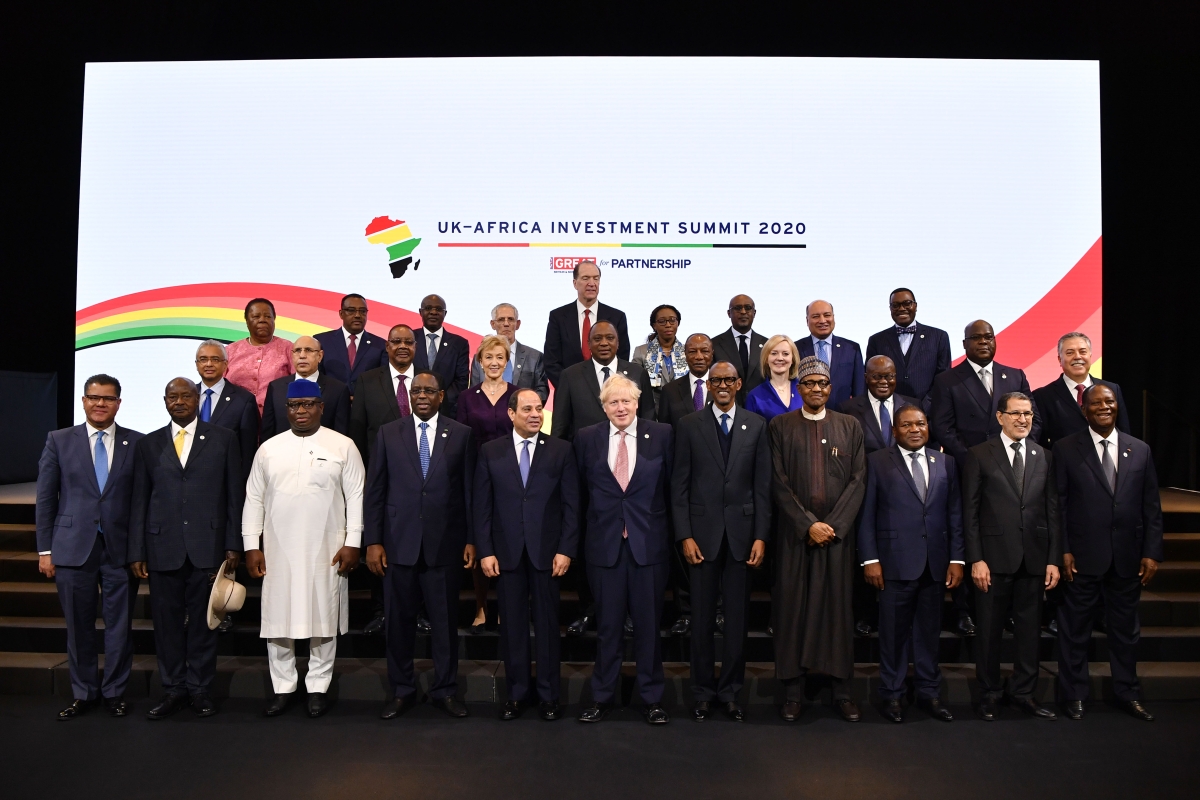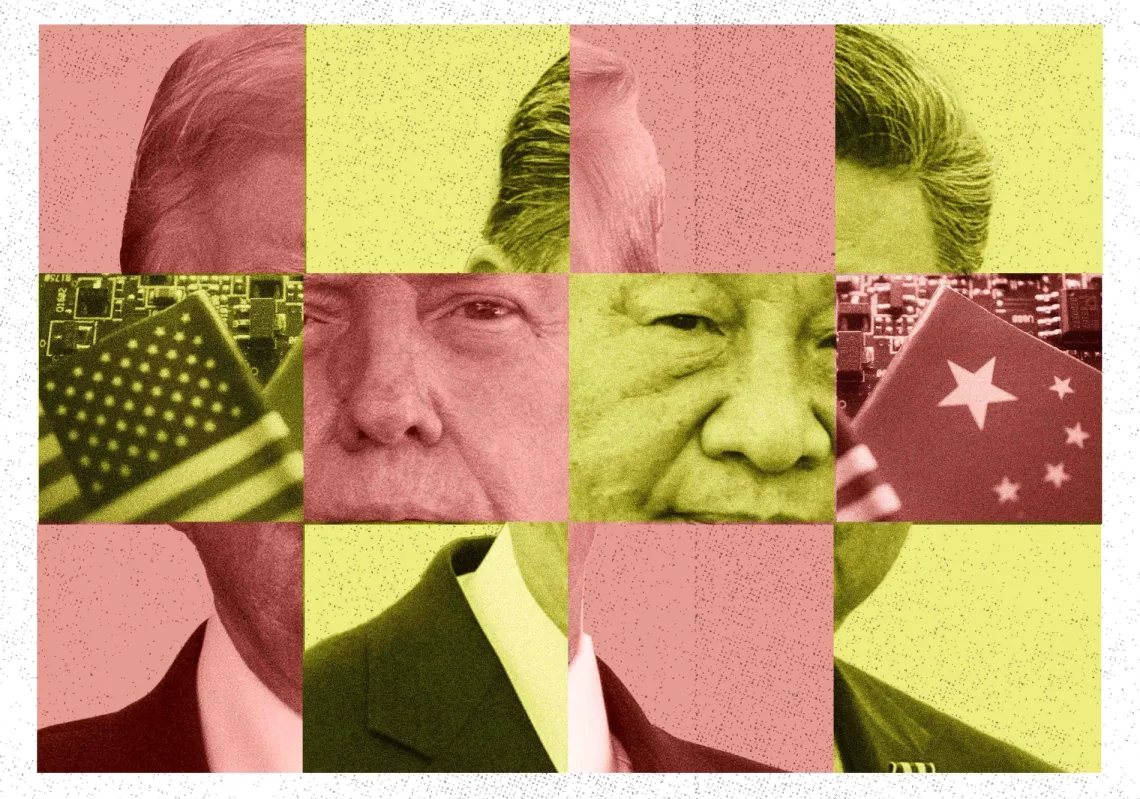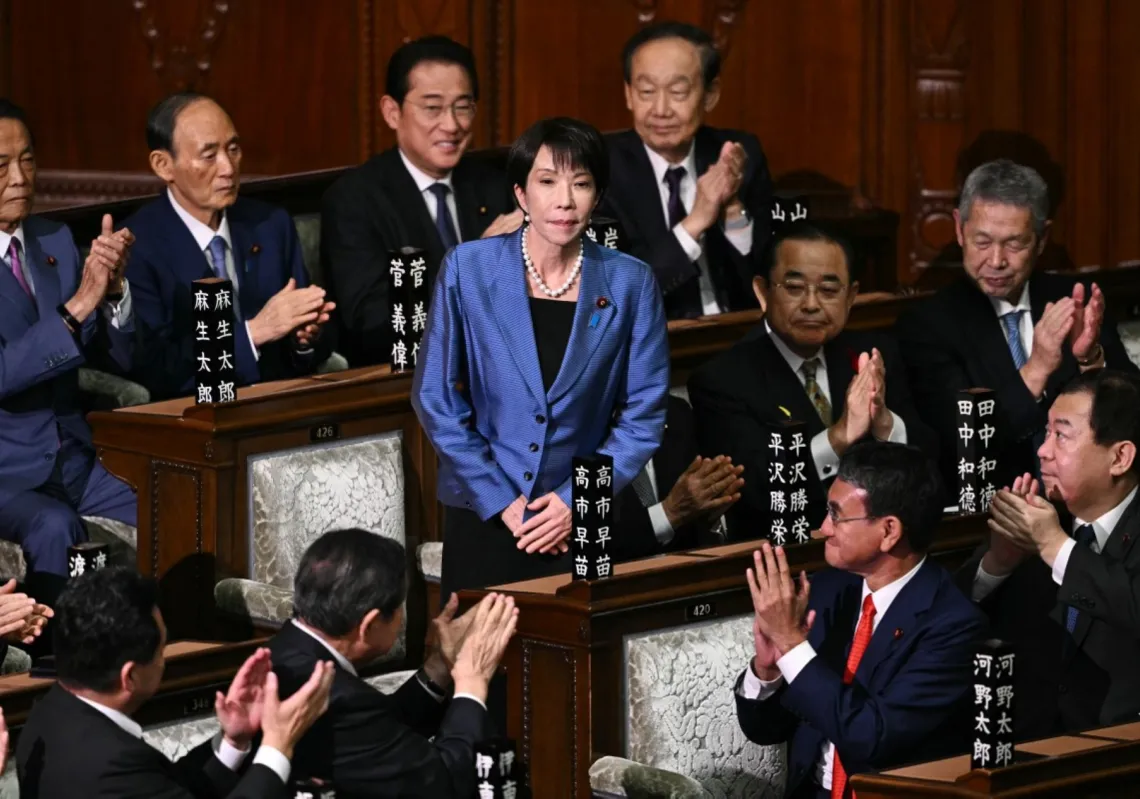TOO COMFORTABLE WITH THE EU, TOO PREOCCUPIED WITH BREXIT
As it has been stated numerous times, the EU is the UK’s largest trading partnership and the task of finding new partners to replace those in Europe was never going to be easy. Just to put into perspective of how much the UK relies on the EU, 7 out of the UK’s top ten trading partners are EU states and if you count Switzerland (which is part of the European Economic Area, but not the EU), then that would bring the total to eight. To hark things back to the Summit, the UK currently has a poor trading partnership with African states, only 2.3 percent of the UK’s exports go to Africa. Moreover, half of all the UK’s trade with Africa is with the continent’s three largest economies, Nigeria, Egypt and South Africa. So not only is British trade with Africa inadequate, the UK simply does not do enough business with the smaller economies in the continent. Just to add insult to injury, there are currently six other EU nations that have greater trade relations with Africa, as France’s, Germany’s and Italy’s exports to African states dwarf those of the UK.
While the British government should have probably exerted more effort into building stronger economic ties with non-EU states, the process of negotiating a withdrawal agreement with the EU understandably had a higher priority. In theory, after January 31 the UK should have more time to focus on rejuvenating these new trade deals outside the EU, but in reality more negotiations with the bloc will take place during the transition period which is set to end in December 2020. This does beg the question if the Johnson government will repeat the mistakes of the May government, whereby it focuses too much on the Brexit negotiations and forgets to forge relations elsewhere in case a no-deal scenario is unavoidable. While Johnson has stated that he is willing to resort to a no-deal, he most likely wants to more or less maintain the relations his country already has with the EU-27. Nevertheless, the government should put contingency plans into place in the event of a worst case scenario.

TOO LATE TO THE PARTY?
Too put things bluntly, the UK has ignored Africa’s potential as well as its rapid economic growth. It is only now that it is placed in such a precarious situation that it is seeking deep economic relations with the states that make up the continent. As previously stated, countries such as France and Germany have already beaten the UK when it comes to the African economic sector. However, even the EU countries investments and trade is miniscule when it comes to that of one other major international player: China. Since the dawn of the 21st century, China has become a leading trading and investment partner in Africa. According to the China Global Investment tracker, from 2005 to 2018 China invested around 63 Billion dollars in North Africa. Such investments helped contribute to a number of development projects in the region, such as the New Administrative Capital in Egypt. Chinese investment in Sub-Saharan Africa far exceed those in the North, as the China Global Investment tracker indicates that Beijing invested almost 305 billion dollars in the time period between 2005 and 2018. Furthermore, 40 out Africa’s 54 states are part of China’s controversial Belt and Road Initiative, which aims to improve infrastructure in Asia, Africa and Europe to promote a better flow of trade and business between states. These partnerships have given Beijing access to a number of valuable exports from Africa, namely hydrocarbons, copper and iron. Even Russia, which has had deteriorating relations with the continent since the fall of the Soviet Union, has recently started looking into investment projects in Africa and even held its own Russia-Africa Summit in Moscow last year.

OPPURTUNITY KNOCKS FOR BRITAIN
As the saying goes, it’s always better late than never. While the UK has languished behind other international players when it comes to trade and investment with Africa, it now has the opportunity to remedy that. However, greater economic relations between both parties cannot be formed overnight, and even more critically Britain cannot tap into sectors that are already filled by other states. For example, while Johnson did say Cairo would receive monorail trains “made in Derby” Britain cannot become a major automobile exporter to the continent since Germany already fulfils that gap. Brexit was never going to be easy, but it is now up to the UK to find new economic opportunities that will alleviate its reliance on the EU.









